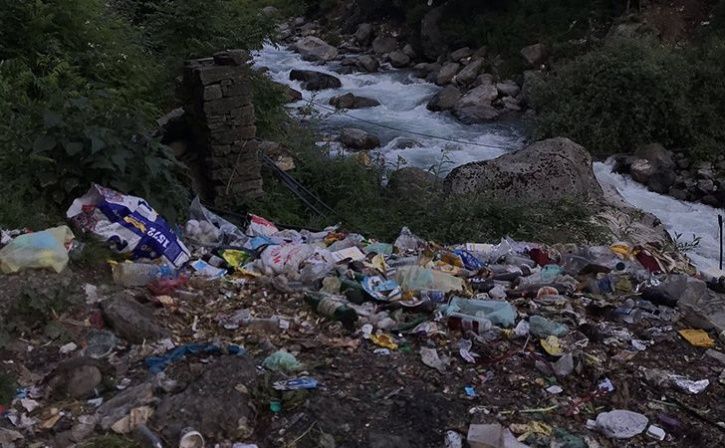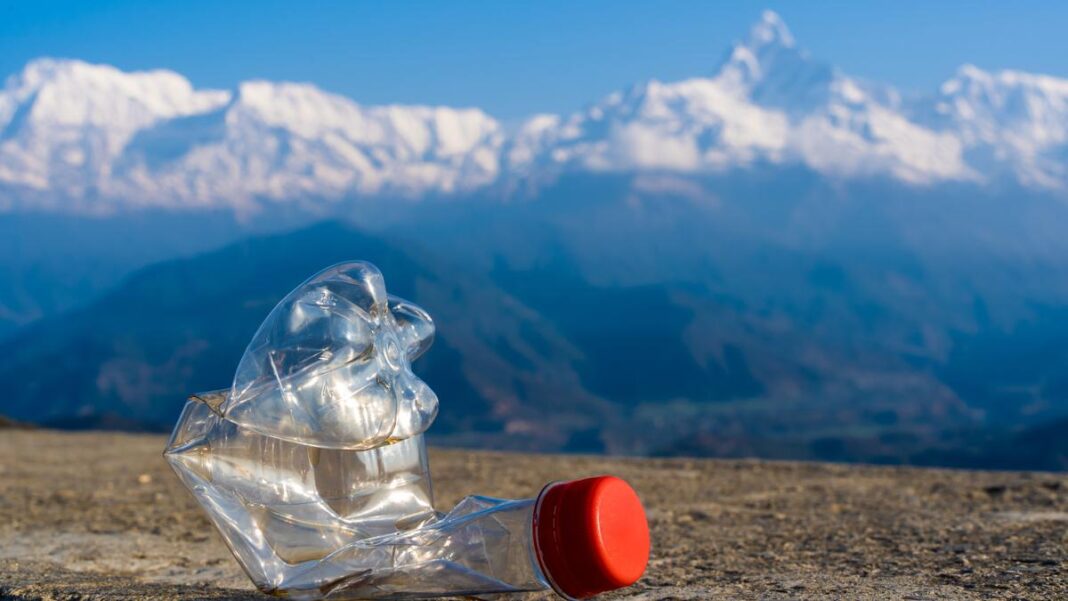Himachal Pradesh is a state known for its stunning natural beauty, rolling hills, and pristine forests. The hill stations of Himachal Pradesh are a popular destination for tourists who flock to the state to escape the heat and enjoy the cool mountain air. However, the large number of visitors to these hill stations has led to an increase in littering and a decline in the natural beauty of these areas.
Below, we will discuss the importance of keeping our hill stations clean and the consequences of littering in these areas. We will also explore the steps that can be taken to reduce littering and promote cleanliness in these beautiful destinations.
The Consequences of Littering on Hill Stations
Hill stations are known for their breathtaking natural beauty, but the large number of visitors to these areas has led to an increase in littering and a decline in the beauty of these destinations. Littering not only affects the natural beauty of the area, but it also poses a threat to the local flora and fauna.

The Threat to Local Flora and Fauna
The litter that is left behind by visitors can have a severe impact on the local flora and fauna. Plastic litter, in particular, is a major threat as it can take hundreds of years to decompose, and it can harm wildlife and birds who mistake it for food. In addition, litter can also block waterways, leading to flooding and erosion, and can damage the delicate ecosystem of the area.
The Negative Impact on Tourism
Littering can also have a negative impact on tourism in the area. Visitors are drawn to hill stations because of their natural beauty, and litter can detract from the beauty of these destinations. In addition, litter can create an unpleasant and unsanitary environment, which can deter visitors from returning to the area.
Steps to Reduce Littering on Hill Stations
There are several steps that can be taken to reduce littering and promote cleanliness on hill stations. Below are the steps –
Encouraging Visitors to Dispose of Litter Properly:
Visitors to hill stations should be encouraged to dispose of their litter properly by using the designated waste bins that are provided in the area. In addition, visitors should be made aware of the consequences of littering on the natural beauty of the area and the impact it can have on local flora and fauna.
Providing Adequate Waste Management Facilities:
Hill stations should have adequate waste management facilities in place to ensure that litter can be disposed of properly. This includes providing enough waste bins, and ensuring that they are properly maintained and emptied regularly. In addition, hill stations should also have systems in place to recycle waste, such as composting facilities, to reduce the amount of waste that ends up in landfill.
Increasing Awareness about the Importance of Clean Hill Stations:
Increasing awareness about the importance of keeping our hill stations clean is crucial in reducing littering. This can be achieved by educating visitors about the consequences of littering and the steps they can take to reduce waste. In addition, local communities and schools can also be involved in promoting cleanliness and reducing littering in the area.
Involving Local Communities in the Clean Up Efforts:
The local communities in and around the hill stations can play a crucial role in keeping these areas clean. Community clean-up events can be organized to bring residents together to clean up the area and raise awareness about the importance of keeping our hill stations clean. These events can also be used to educate local residents about the impact of littering on the environment and the steps they can take to reduce waste.
Strict Enforcement of Littering Laws:
Strict enforcement of littering laws can also play a crucial role in reducing littering on hill stations. Fines and penalties can be imposed on individuals who litter, and these fines can be increased to discourage people from littering. This can be a deterrent to those who might otherwise litter and help to keep the area clean.
Promoting Eco-Friendly Practices:
Promoting eco-friendly practices can also play a role in reducing littering and promoting cleanliness on hill stations. This includes encouraging visitors to bring their own reusable water bottles and food containers, and promoting the use of reusable shopping bags. In addition, hill stations can also provide eco-friendly alternatives to single-use plastics, such as biodegradable cutlery and straws.
Working with Local Businesses:
Local businesses can also play a role in promoting cleanliness on hill stations. Businesses can encourage their employees and customers to reduce waste and dispose of litter properly. In addition, local restaurants and cafes can be encouraged to reduce the use of single-use plastics, such as plastic bags and cutlery, and to promote eco-friendly alternatives.
Conclusion
Keeping our hill stations clean is crucial in preserving the natural beauty of these areas and protecting the local flora and fauna. By taking the steps outlined in this article, we can reduce littering, promote cleanliness, and ensure that these beautiful destinations remain a popular destination for tourists for generations to come. Let us all take responsibility for keeping our hill stations clean and preserving their natural beauty for future generations to enjoy.


















![Himachal Day: Read All About Himachal Pradesh day [15 April] Himachal Pradesh Day - BeingPahadia](https://www.beingpahadia.com/wp-content/uploads/2025/02/Himachal-Pradesh-Day-BeingPahadia-218x150.png)




![Sidh Baba Balak Nath Shahtalai Temple in Deotsidh [Guide] Baba Balak Nath Temple Deotsidh](https://www.beingpahadia.com/wp-content/uploads/2023/04/Baba-Balak-Nath-Temple-Deotsidh-e1681616986690-100x70.jpg)

